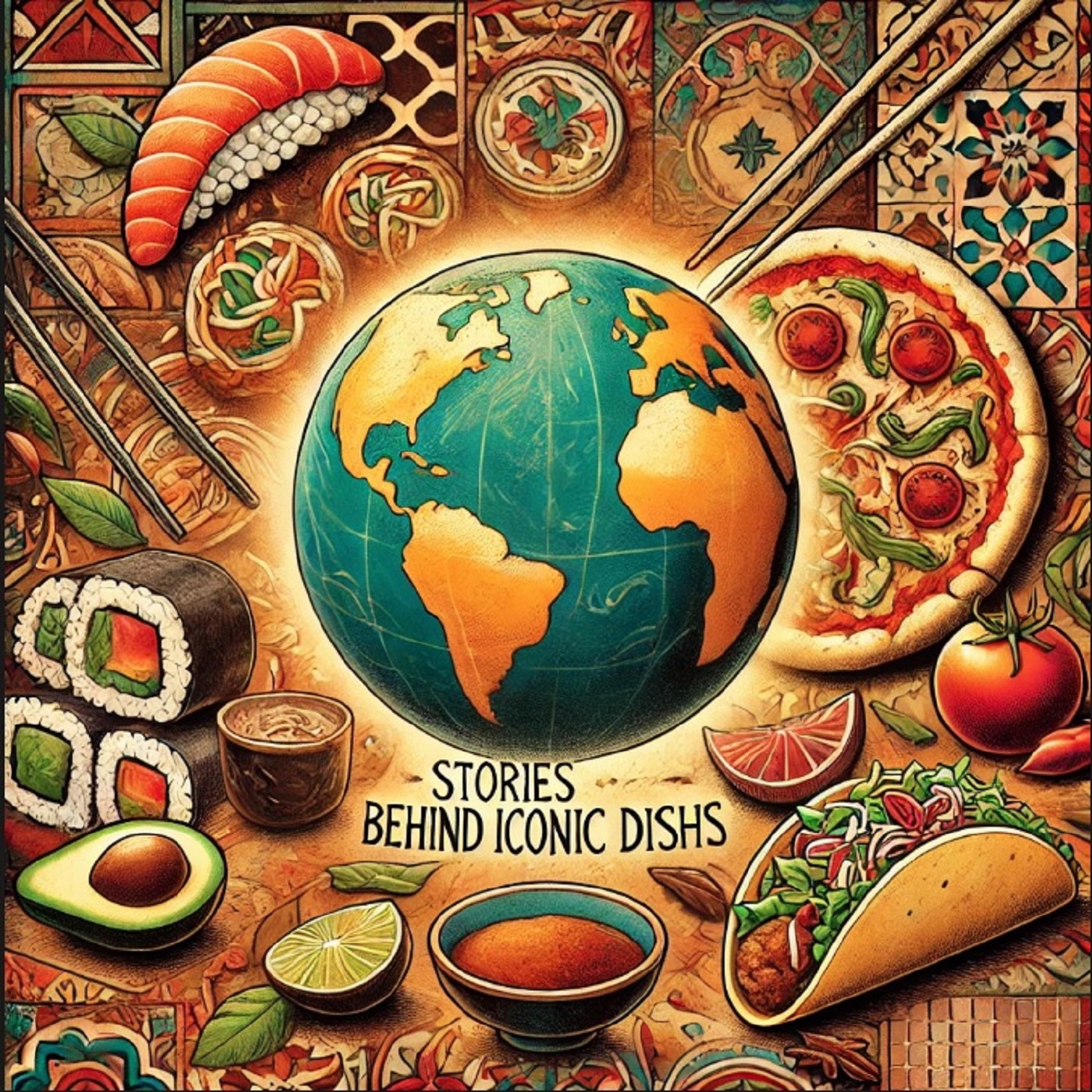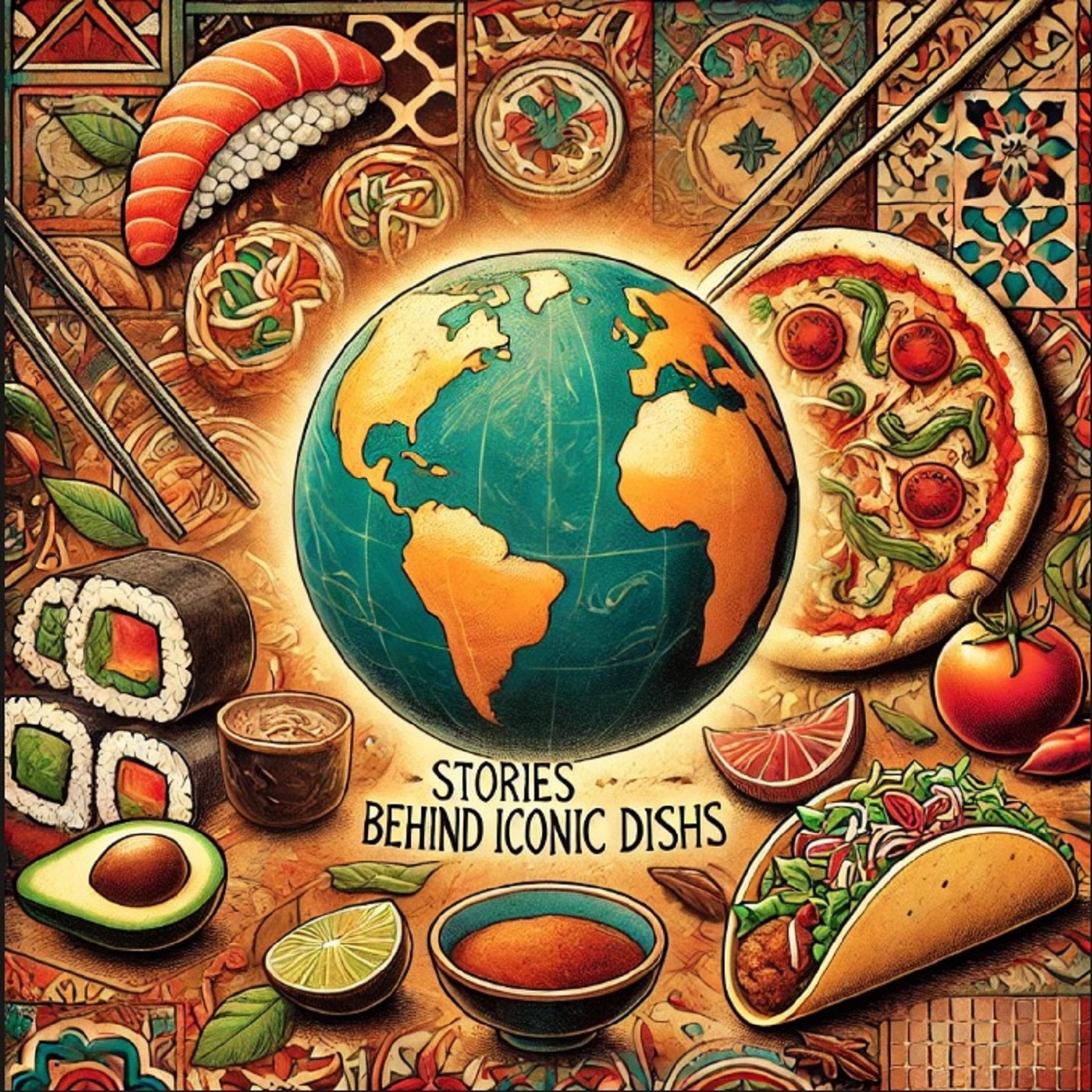This episode explores the deep roots and cultural significance of American barbecue. Originating from Indigenous Caribbean barbacoa and shaped by European and African influences, barbecue became a defining tradition in the American South, where enslaved Africans played a crucial role in developing its flavors and techniques.
Listeners are taken on a tour of the U.S.’s regional barbecue styles: Carolina’s vinegar and mustard pork, Memphis’s dry-rubbed ribs, Texas’s legendary beef brisket, and Kansas City’s sweet, tomato-based sauces. Beyond flavor, the episode emphasizes barbecue’s role as a social ritual, central to political rallies, church gatherings, family reunions, and modern backyard cookouts.
We also highlight the craft of pitmasters—their mastery of wood, smoke, and patience—and the global spread of American barbecue, inspiring chefs and festivals worldwide. Ultimately, barbecue is presented as more than smoked meat: it’s heritage, identity, and community, carried in every bite of fire-kissed flavor.

In this episode, we explore the enduring legacy and global evolution of the taco. Beginning with its origins in ancient Mesoamerica, where indigenous peoples...

In this episode of Flavors of Time, we explore the ancient, flavorful journey of hummus—a creamy blend of chickpeas, tahini, lemon, and garlic that...

This episode highlights the story of Argentine empanadas, tracing their roots from Spanish and Moorish influences to their transformation into one of Argentina’s most...